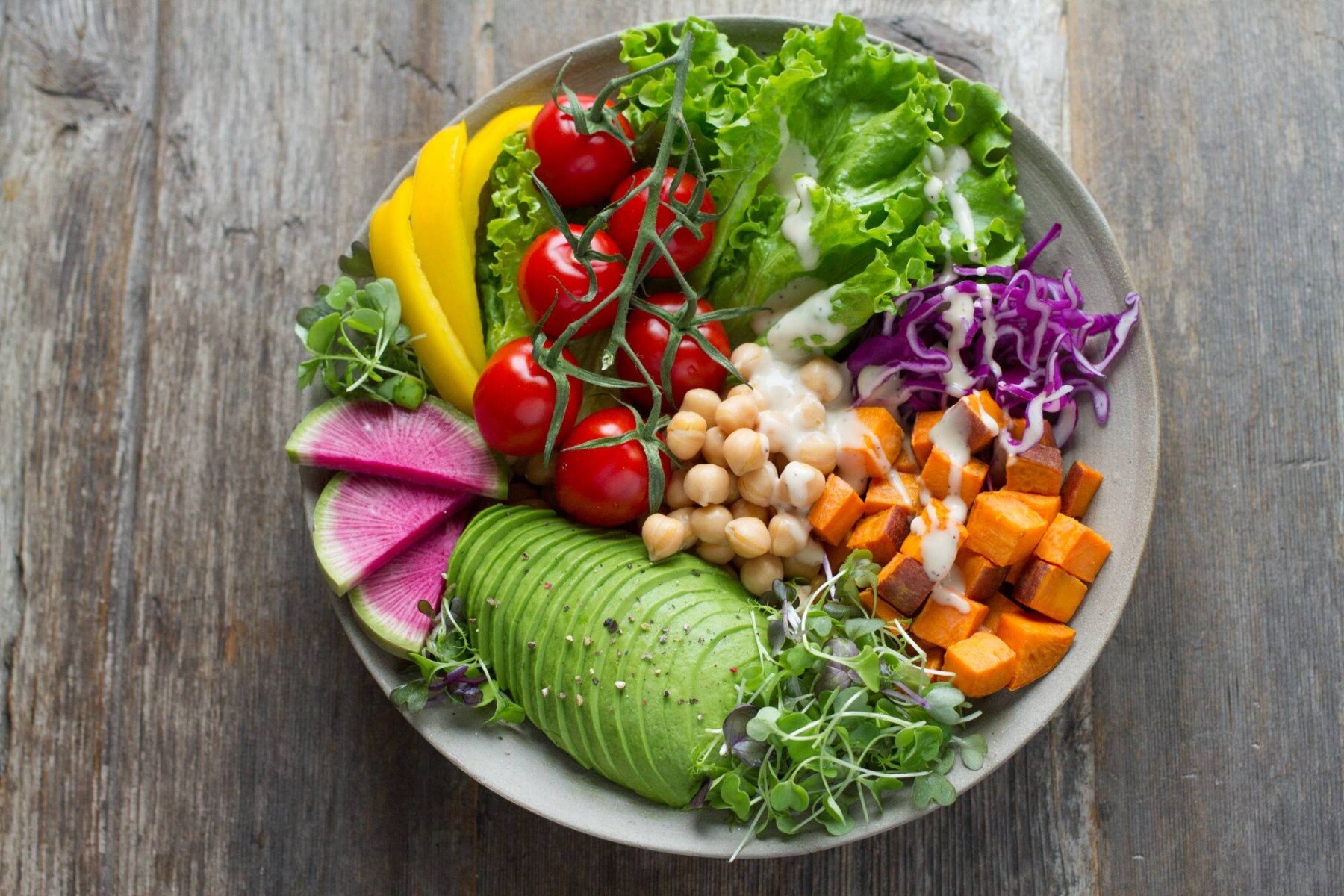The food we eat plays a major role in determining just about every aspect of our health. If we think of our bodies as powerful machines, food is the fuel that powers our engines. Put in poor-quality fuel, then the engine will quickly begin to fail. Put in high-quality fuel, however, and it’s not long before the engine gears up and works without a hitch.
As we all know, the part of this machine that keeps us going throughout every second is the heart. All day and all night, the heart pumps away to make sure we have the blood and oxygen we need to keep going. Surely then we need to make sure that the food we’re putting into our bodies keeps the heart running smoothly?
Unfortunately, with all the processed goods currently stacking the supermarket shelves, this is all too often not the case. All the hidden sugar, sodium, fat, and additives that lurk in processed food can have a truly devastating effect on our cardiovascular health.
If you’re looking to cut out the nasty ingredients and stick to a diet that puts your heart first, consider following one of the following diets for a healthy heart:
1. The Mediterranean Diet
The Mediterranean diet has long been hailed as an absolute wonder when it comes to cardiovascular health, nutritional balance, and longevity of life. The name refers to a diet that incorporates the eating patterns of the people of Southern Italy and Greece during the mid 20th century.
The sunny, seaside climate of these regions makes for a diet that is rich in colourful, nutrient-rich diet that always looks stunning when served up on a plate.
The main emphasis of the Mediterranean diet is working with high-quality, unprocessed ingredients that are native to the region. These ingredients typically include legumes, vegetables, fish, seeds, fruits, whole grains, and lashings of extra virgin olive oil.
In addition to these key ingredients, the Mediterranean diet does not shy away from moderate amounts of poultry, dairy, and wine.
Part of its health benefits come from the general lack of added sugars, refined carbohydrates, additives, preservatives, saturated fats, and red meat. By sticking to the Mediterranean diet, you can pretty much identify every individual ingredient going into the food that fuels you.
Studies have proven that following this diet can have an outstandingly positive impact on heart health, even outperforming the dietary recommendations of the American Heart Association.
When compared with the cardiovascular health risk seen in those who followed the AHA Step 1 diet, the Mediterranean diet followers saw a risk lower by up to 70%. Now if that doesn’t convince you to give it a try, I don’t know what will!
2. The DASH Diet
The DASH diet, which stands for Dietary Approaches to Stop Hypertension was developed specifically with the goal of helping to prevent and treat hypertension, more commonly known as high blood pressure. As such, it works specifically towards nourishing and protecting your entire cardiovascular health.
In many ways, there is a lot of overlap between the DASH diet and the Mediterranean diet. Neither are particularly strict in what you can or can’t eat, but rather follow a general outline for the kind of ingredients you should try to incorporate into every meal.
The DASH diet breaks down your daily nutrients, macros, and calories according to food groups - focussing on fruits and vegetables, whole grains, low fat dairy, and lean meats or poultry. Red meat, refined carbs, and added sugars are a no-go.
One key benefit of the DASH diet is its limitation of sodium intake. Among individuals with high blood pressure, lowering daily salt intake greatly helped to reduce their elevated blood pressure. Research has shown that the DASH diet reduces the risk of heart disease by up to a whopping 20%.
3. Veganism, Vegetarianism, Flexitarianism

Veganism, vegetarianism, and flexitarian are three varying degrees of abstinence from consuming animal products. Although once considered quite niche diets, eating this way is completely commonplace these days. Whole aisles and even supermarket chains themselves are dedicated to creating high-quality, delicious food designed to meet these animal-free dietary requirements - and you’d be hard-pressed to find a restaurant that doesn’t have at least one vegan option on the menu!
While vegans abstain from all animal products, vegetarians stick to cutting out meat, fish, and poultry. Flexitarians, on the other hand, make a point of reducing their overall intake of animal products, and may eat predominantly vegan food, but allow themselves flexibility in the matter.
Typically, animal-free diets place a strong emphasis on the consumption of important macros from earthy sources. Oftentimes, this cuts out a lot of nasty and unhealthy processed foods, and gets eaters more in tune with the food on their plates.
A lot of vegans and vegetarians replace the protein typically obtained from meat with other protein-rich ingredients such as soy and legumes. Soy has repeatedly been shown to reduce overall cholesterol and promote heart health.
There are numerous studies that link these animal-free diets to lower rates of obesity, high blood pressure, irregular blood sugar, and heart-disease related mortality. And as if that wasn’t enough to sway you to veganism, going without animal products is enough to lower your individual carbon footprint by up to 60 per cent!
Aside from taking up one of these diets, nutritionists recommended managing portion sizes, limiting alcohol intake to one or two servings in a day, and good regular doses of healthy omega-3 acids to promote cardiovascular health.